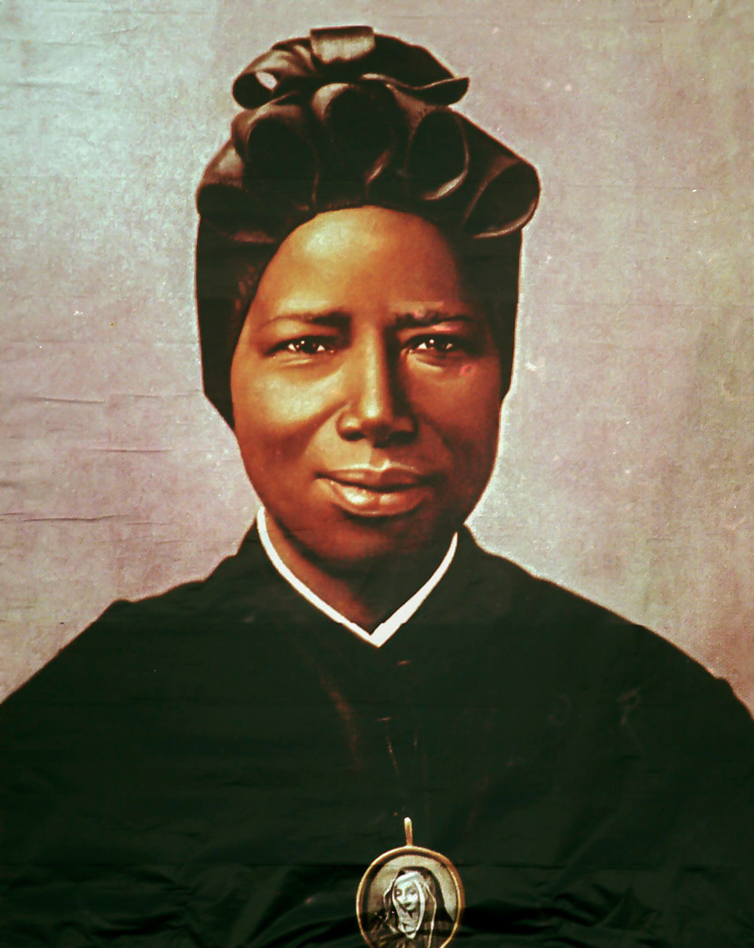
Australians should not be indifferent to human trafficking and can take simple steps to combat this global injustice, according to a statement released this week by the Australian Catholic Bishops Conference.
The Australian Catholic Bishops Commission for Pastoral Life (BCPL) and Australian Catholic Religious Against Trafficking in Humans (ACRATH) are calling for a day of prayer, reflection and action against human trafficking on the feast of St Josephine Bakhita on 8 February 2016.
“In marking the Bakhita Day of prayer and fasting in this Year of Mercy, Australia’s Catholics should be mindful of Pope Francis’ challenge to us to stop human trafficking. We can all commit to learning more about human trafficking. We can commit to helping victims of human trafficking. And we can commit to tackling the systems that enable human trafficking to flourish,” said BCPL Chair, Bishop Terry Brady.
“Our prayer on this day becomes one of lamentation for the millions of women, children and men trafficked across the globe for human slavery. This day can be an opportunity to learn about trafficking locally and globally, to pray for the victims of human trafficking and for an end to slavery, to commit to buying Fairtrade products where possible and to advocate for legislation to protect victims of human trafficking,” said ACRATH President, Sister Anne Tormey RSM.
“Despite many efforts to end human trafficking internationally, women, men and children today are deprived of their freedom and forced to suffer in conditions of exploitation and slavery. There is a compelling need to put an end to trafficking in human beings.”
The BCPL and ACRATH are calling for a fourfold commitment to prevention, victim protection, the legal prosecution of perpetrators, and partnerships for change; these require a global effort on the part of various sectors of society.
Pope Francis recently drew attention to the inconsistency of combatting trafficking in endangered species while remaining completely indifferent to human trafficking, unconcerned about the poor, or undertaking to destroy another human being deemed unwanted (Laudato Si’ 91).
“Everything is connected. Concern for the environment thus needs to be joined to a sincere love for our fellow human beings,” the Holy Father said.
St Josephine Bakhita experienced kidnapping and slavery in both Sudan and Italy.
Following her delivery to freedom, St Bakhita dedicated her life to sharing her story and to supporting the poor and suffering. She eventually became a Canossian Sister, living a life of prayer and service for fifty years. She died on 8 February 1947 and was canonised in 2000.